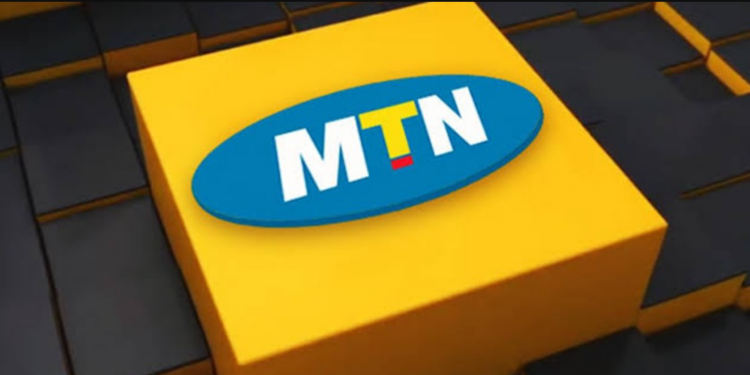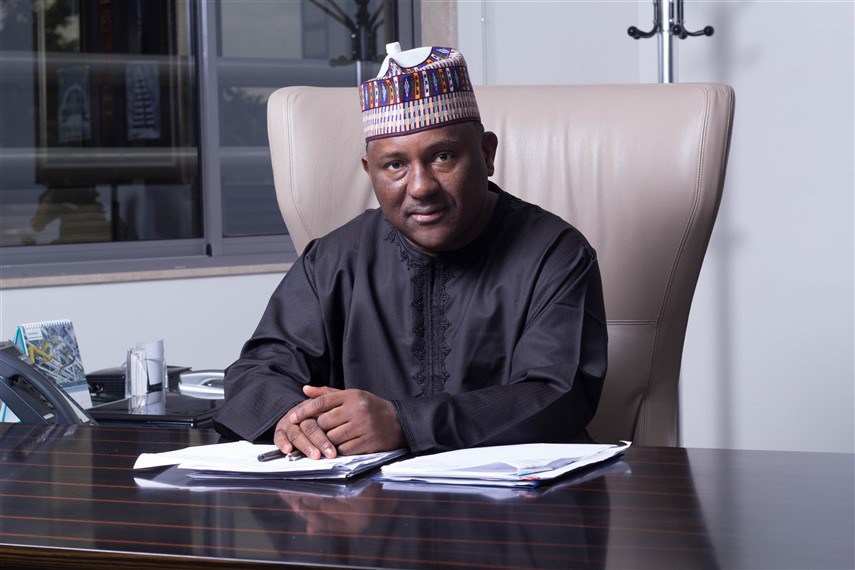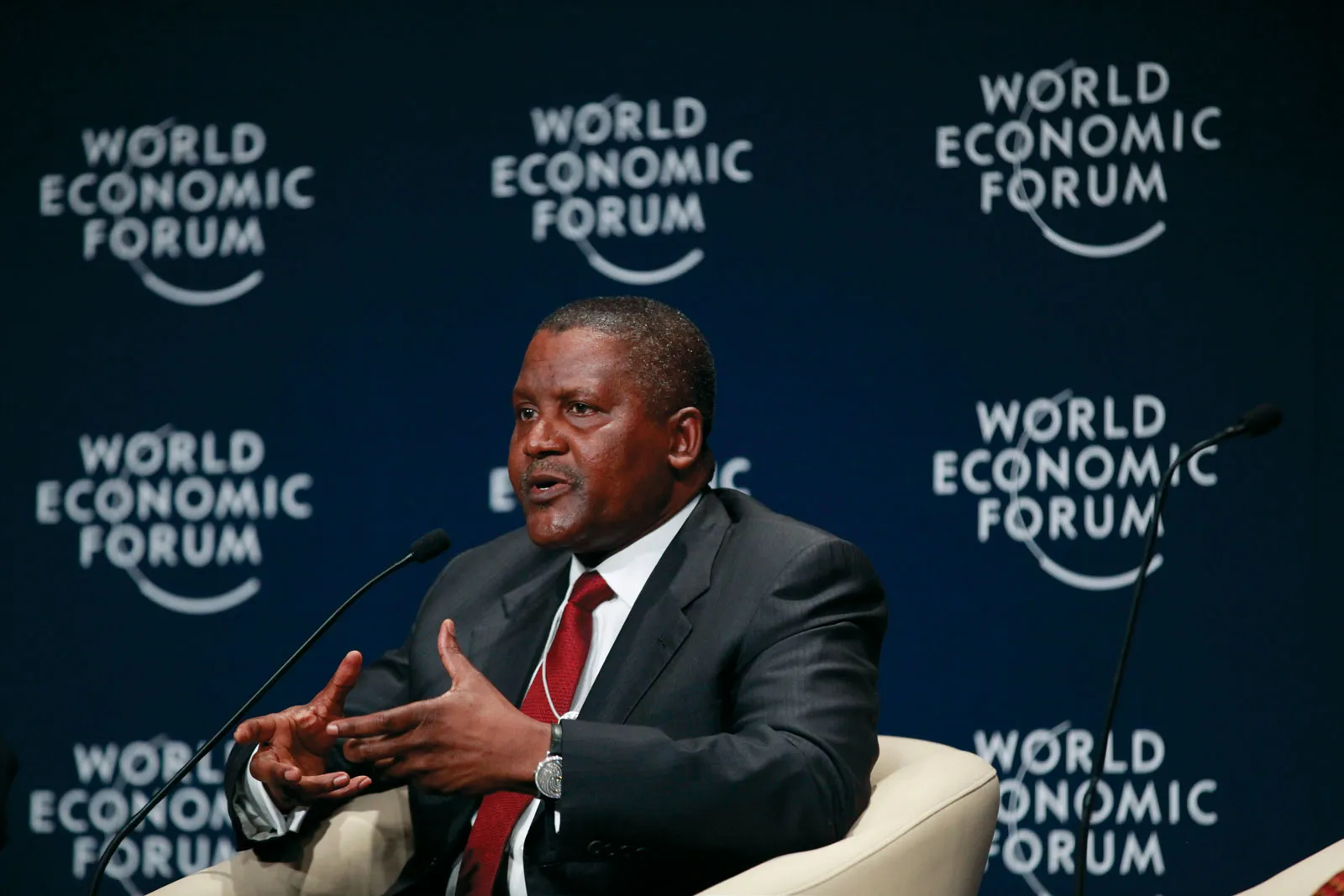
MTN Nigeria’s Expanding Role in Digital Transformation and Economic Growth
November 2023 Update – MTN Nigeria, one of the country’s leading telecommunications companies, continues to drive digital transformation, economic growth, and social development across Nigeria. With recent projects targeting broadband expansion, fintech services, and innovative digital solutions, MTN is solidifying Nigeria’s position as a digital hub in Africa. This article explores MTN’s latest initiatives, their impact on the economy, and the opportunities these developments offer for local and international investors.
Broadband Expansion and Digital Inclusion
In October 2023, MTN Nigeria announced a major project to expand broadband coverage to rural and underserved areas, supporting Nigeria’s National Broadband Plan. This initiative, expected to be fully operational by 2024, aims to increase broadband penetration from its current 45% to over 70%. The project will help bridge the digital divide, providing millions with access to affordable, high-speed internet. For Nigeria, increased broadband access translates to more educational and economic opportunities, particularly in remote regions where connectivity is limited.
This broadband expansion is expected to create numerous job opportunities in infrastructure, technology, and customer service. By 2024, MTN’s efforts are projected to support thousands of jobs, making a significant contribution to local economies and enabling small and medium-sized enterprises (SMEs) to reach new markets.
Driving Financial Inclusion Through Fintech
MTN Nigeria’s role in digital financial services has also expanded significantly, particularly with the launch of its mobile money platform, MoMo Payment Service Bank (PSB), in early 2023. This platform allows users to conduct secure digital transactions, access savings accounts, and participate in Nigeria’s growing cashless economy. By October 2023, MoMo PSB had gained over 10 million registered users, demonstrating high demand for accessible, affordable financial services.
With financial inclusion as a national priority, MTN’s MoMo PSB is helping bring banking services to Nigeria’s unbanked population, particularly in rural areas. The Central Bank of Nigeria (CBN) has supported this initiative, aiming to reduce cash dependency and increase digital payments across the country. MTN’s fintech initiatives are expected to attract investment opportunities in auxiliary services like data analytics, payment solutions, and cybersecurity as Nigeria’s fintech ecosystem expands.
Innovative Digital Solutions and Smart City Initiatives
MTN Nigeria is at the forefront of innovation, particularly with its smart city projects, launched in collaboration with the Lagos State government. These projects include smart traffic systems, environmental monitoring, and digital security networks aimed at improving city management and urban living standards. Such initiatives align with Nigeria’s urbanization trends and contribute to sustainable urban development, making cities safer, more efficient, and resilient to rapid growth.
Smart city solutions by MTN provide additional investment avenues for companies specializing in IoT, AI, and urban infrastructure. With Nigeria’s urban population projected to increase by over 20 million in the next decade, these smart city projects highlight the importance of digital infrastructure in addressing urban challenges.
Investment Opportunities in Nigeria’s Digital Economy
MTN Nigeria’s expanding projects offer promising investment opportunities for local and foreign investors. With the Nigerian government’s supportive policies for technology and digitalization, sectors like broadband infrastructure, fintech, and urban technology solutions are seeing significant growth. In particular, MTN’s ventures in digital finance and broadband access align with Nigeria’s digital economy goals, providing investors with access to high-growth areas in one of Africa’s largest markets.
For investors, Nigeria’s digital economy presents a unique opportunity, especially as MTN builds out infrastructure that will support sectors like education, healthcare, and e-commerce. Analysts anticipate that Nigeria’s digital sector could become a major contributor to GDP by 2030, as it enables new business models and revenue streams across multiple industries.
Conclusion
MTN Nigeria’s leadership in digital transformation and financial inclusion is a driving force for Nigeria’s economic development. Through broadband expansion, fintech services, and smart city initiatives, MTN is not only enhancing Nigeria’s connectivity but also positioning the country as a leader in digital innovation across Africa. These initiatives create a favorable environment for investment, showcasing Nigeria’s potential as a hub for digital growth and economic resilience.




Greetings from Los angeles! I’m bored to death at work so I decided to browse your site on my iphone during lunch break. I enjoy the info you present here and can’t wait to take a look when I get home. I’m shocked at how fast your blog loaded on my cell phone .. I’m not even using WIFI, just 3G .. Anyhow, fantastic blog!